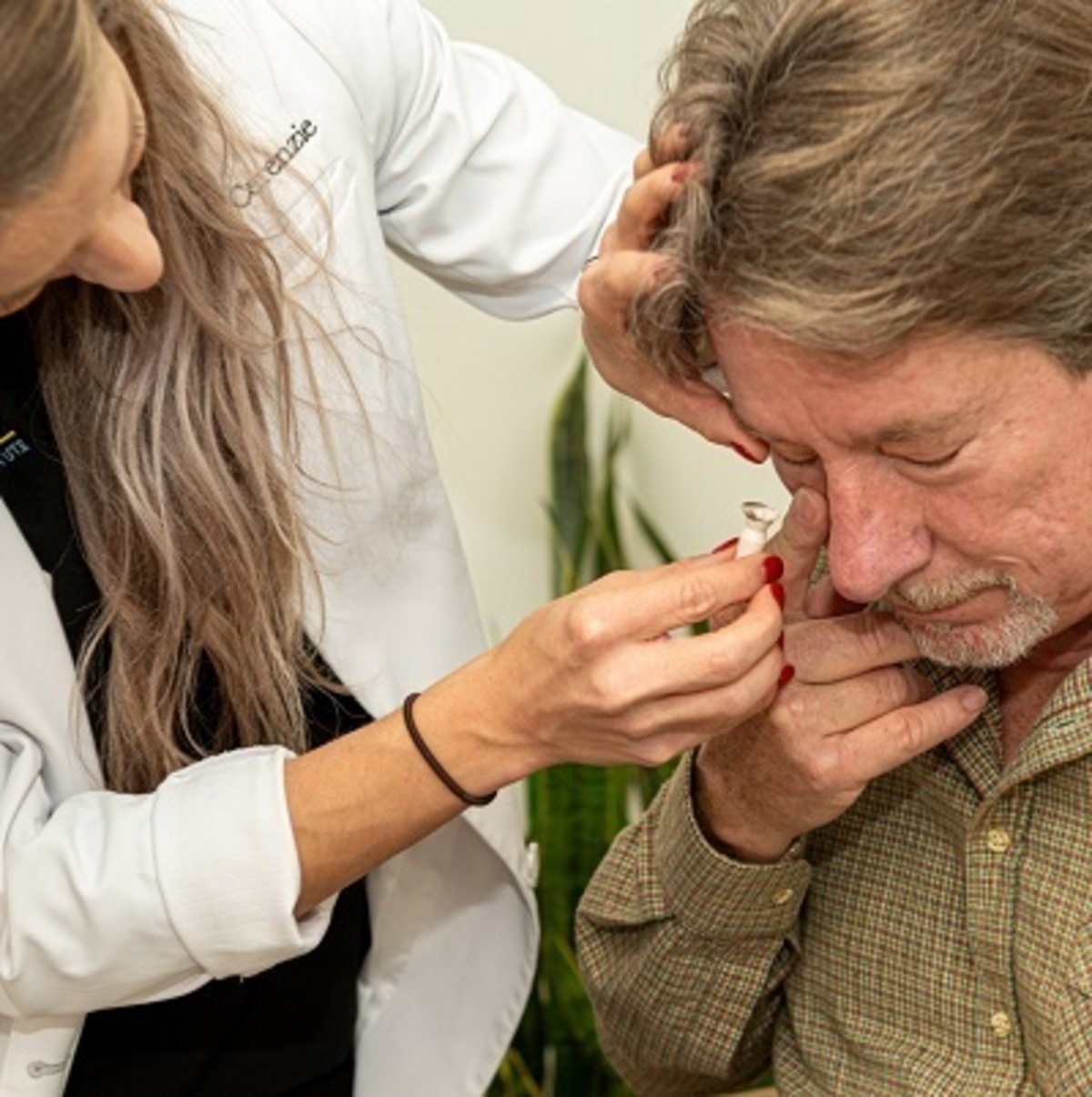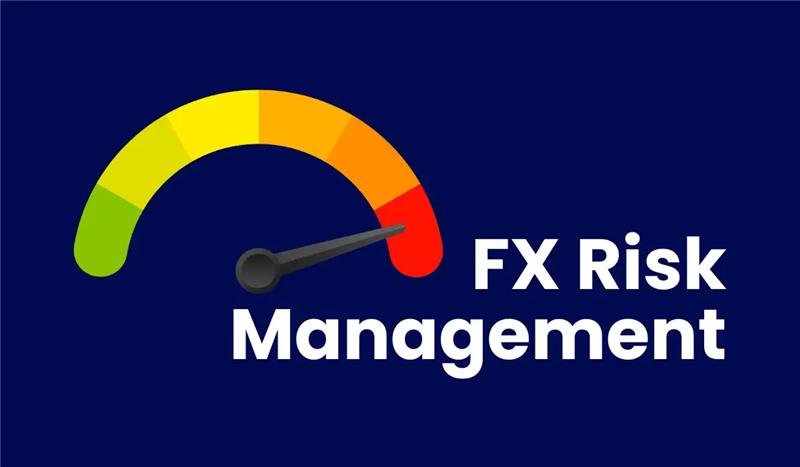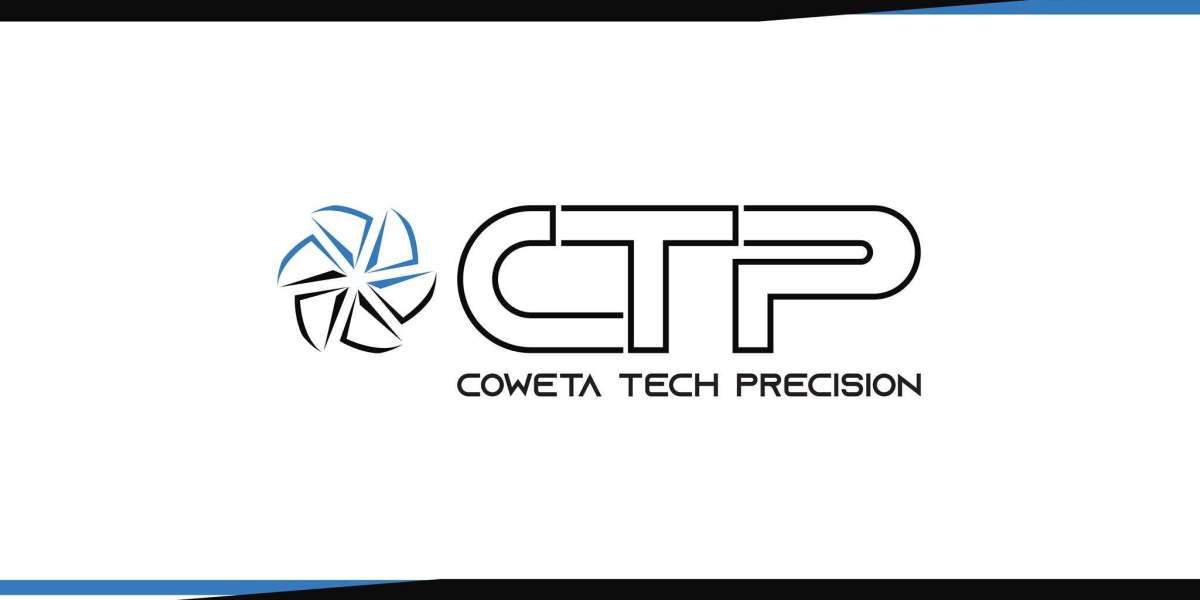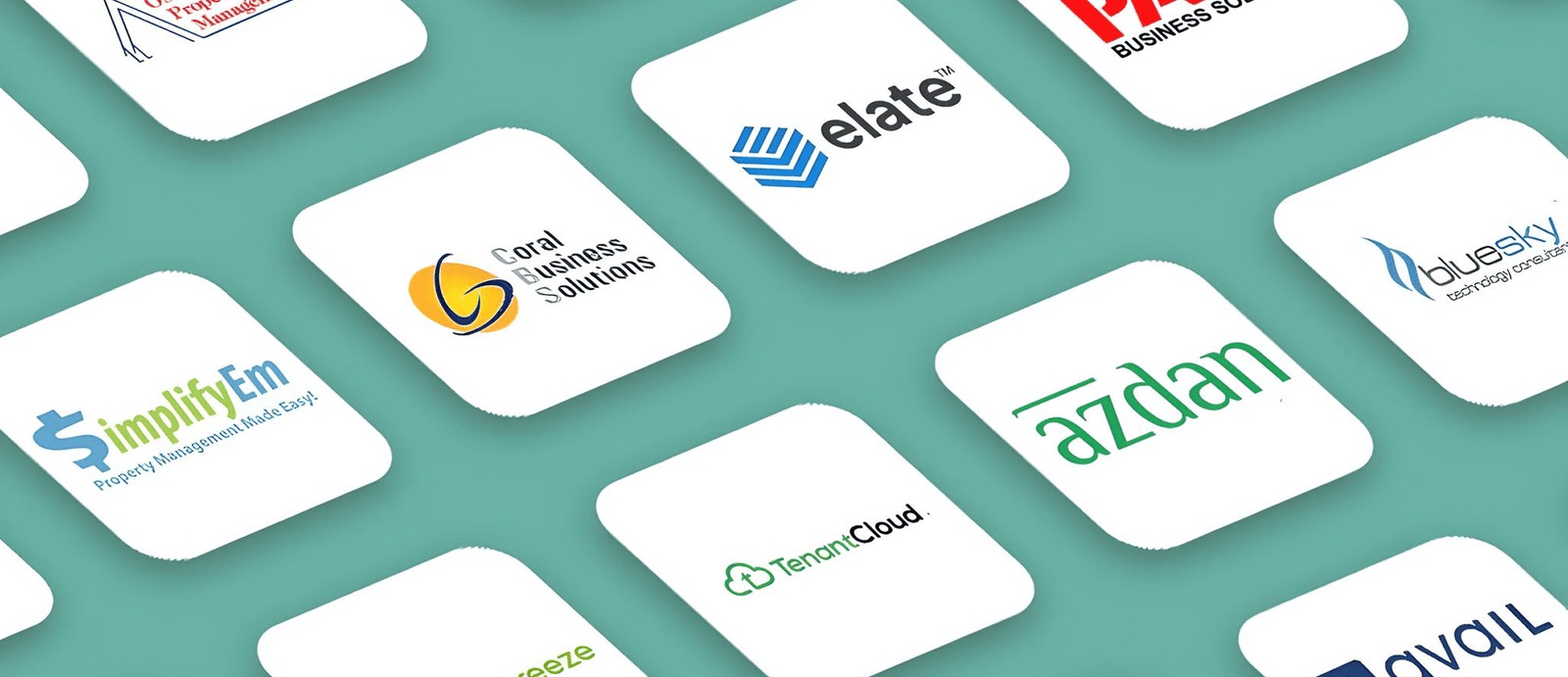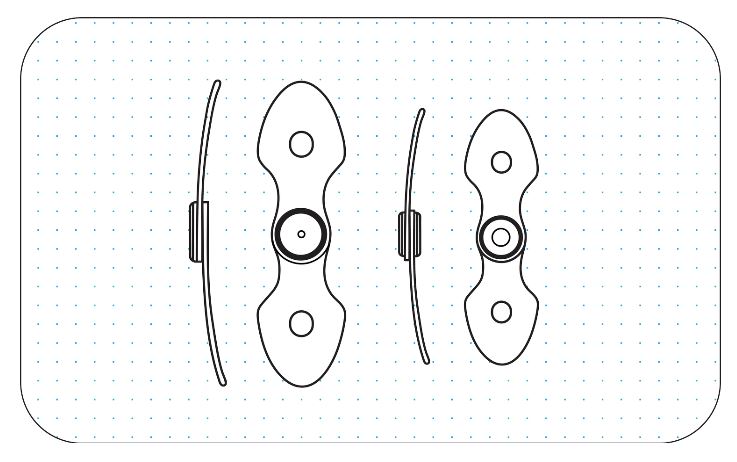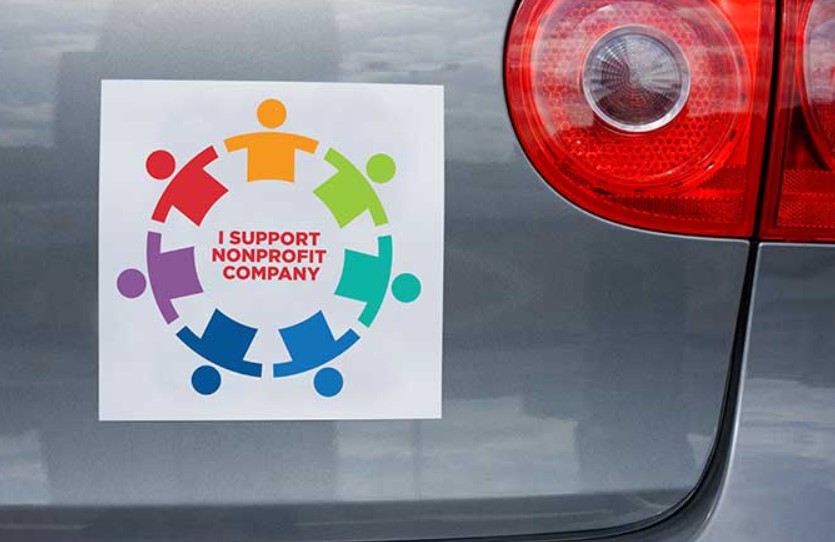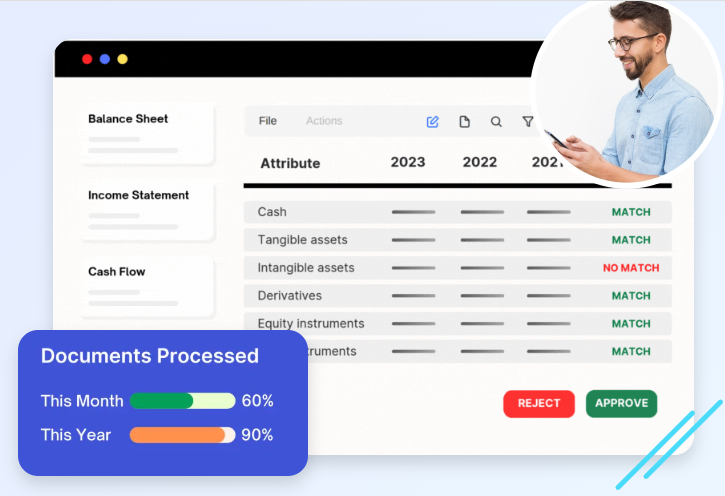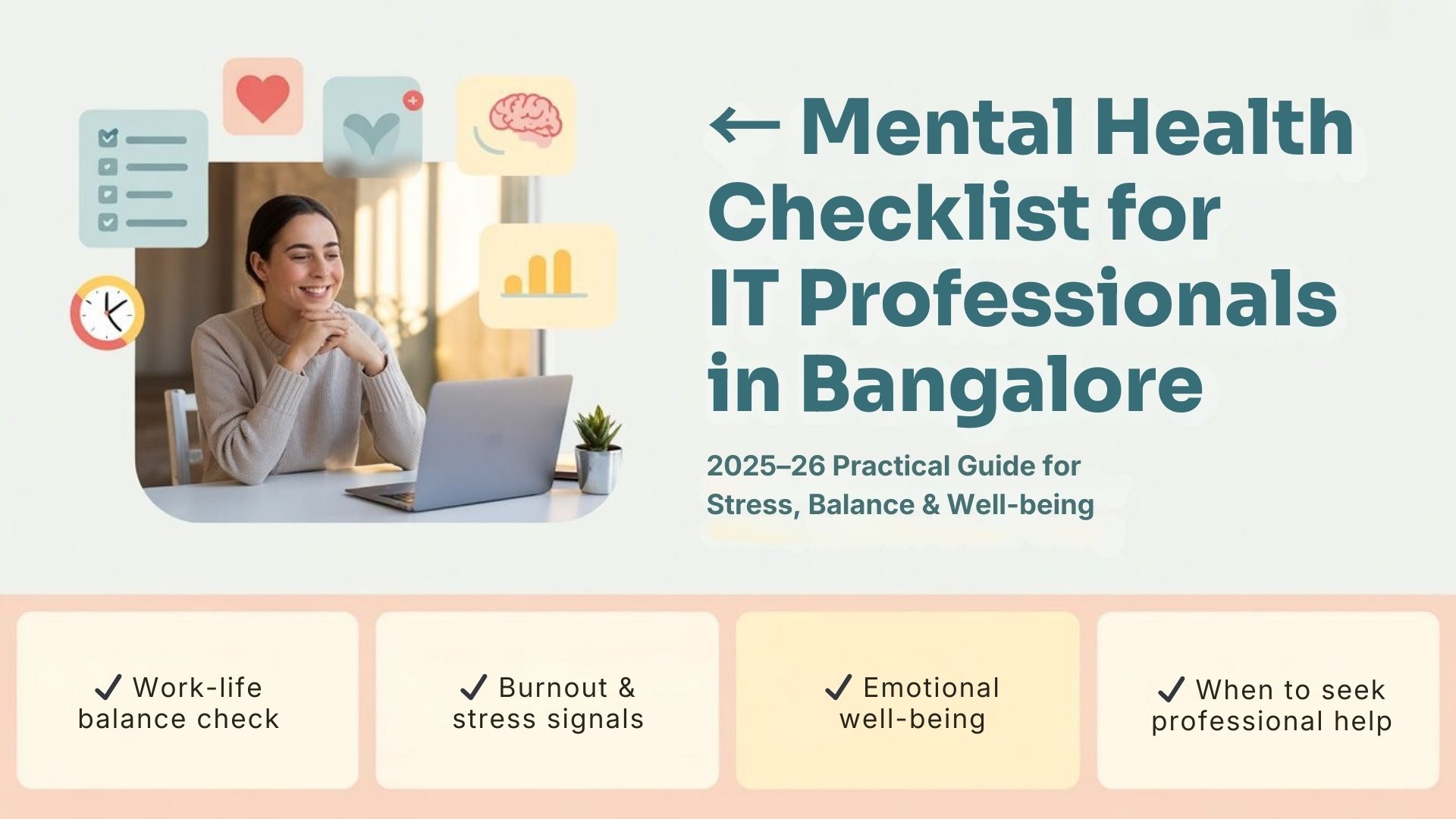SIE Practice Questions: Tips and Strategies to Pass

SIE Practice Questions: The Complete Guide to Getting Ready for the Test
If you wish to work in the financial securities industry, the Securities Industry Essentials (SIE) Exam is the first thing you need to do. It checks how well you know basic financial ideas, the norms of the industry, and your duties as a professional. Passing this test demonstrates employers and licensing organizations that you know the basics of the securities sector.
Using SIE practice questions is one of the finest ways to get ready. These questions not only show you what the test will be like, but they also let you see how much you’ve learned. This guide will show you how to use practice questions well, as well as established study habits, ways to manage your time, ideas for taking notes, active learning strategies, and ways to get ready for an exam.
Why SIE Practice Questions Are Important
A lot of pupils merely read their textbooks and don’t test themselves. The SIE test has multiple-choice questions, and practice with questions like these can benefit you:
Learn how the test works.
Understand what hard questions mean.
Check what you know and find out what you need to work on.
Get better at speed and accuracy when you’re under pressure.
Get ready for the test by building your confidence.
You may study smarter, not just harder, by adding practice questions to your study regimen.
Why It’s Important to Have Good Study Habits
The key to doing well on tests is to have good study habits. Here are some tips that will help you study for the SIE exam better:
Be consistent: instead of cramming at the last minute, study a little bit every day. Even just one or two hours a day can make a major effect.
Set aside a room just for studying— Pick a peaceful spot where you won’t be disturbed. A clean workplace and a comfortable chair might help you stay focused.
Make tiny goals – Make your study plan into smaller goals, such “Finish 20 practice questions today” or “Go over Chapter 3 by the end of the day.”
Use a variety of study strategies to keep things interesting and help you learn. For example, read, take notes, use flashcards, and do practice questions.
How to Get Better at Managing Your Time for the SIE Exam
One of the most critical skills for both studying and taking the test is managing your time. Here are some tips:
1. Make a plan for when to study
Set aside time to study each week or month. For instance:
Week 1–2: Go over the basics of financial markets.
Study the rules and regulations in week 3–4.
Week 5–6: Take practice tests and go over the parts you don’t know well.
2. Try the Pomodoro Method
Study for 25 minutes, then take a break for 5 minutes. After four rounds, take a break for 15 to 20 minutes. This keeps your thinking sharp.
3. Practice for the test
You get 1 hour and 45 minutes to answer 75 questions on the SIE exam. Set a timer for yourself when you practice so you can grow used to answering questions quickly.
4. Find a balance between work and rest
Don’t labor too hard. Studying is just as vital as getting enough sleep, exercising, and relaxing.
Good Ways to Take Notes
Taking good notes makes it easier to recall and go over what you’ve learned. Here are few ways to do it:
The Cornell Method: Split your page into three parts: notes, keywords, and a summary. This makes it easier to review.
Mind Maps: Make diagrams that link important ideas, such “types of securities” splitting into “stocks, bonds, and mutual funds.”
Use different colors for definitions, examples, and rules to make your notes more visual.
Put it in your own words – Instead of copying from the text, write down ideas in your own words. This makes sure you really get it.
Ways to Learn Actively
Active learning implies doing something with the content instead than just reading it. Here are some tips that work well with SIE practice questions:
Teach someone else by explaining ideas to a friend or even to yourself. When you teach, you have to make things simpler and clearer.
Make flashcards for important words like “FINRA,” “prospectus,” or “mutual fund.” Quizlet and other apps can help.
Practice Retrieval: Instead of going over your notes again, close your book and test yourself on important ideas.
Use Examples from the Real World – Link ideas to news stories or trends in the economy. For instance, when you analyze bonds, look at the real yields on U.S. Treasury bonds.
Things You Shouldn’t Do When Getting Ready
These blunders cost students a lot of time:
Reading Alone Is Not Enough—You Need to Practice. It is not enough to just memorize everything for the SIE exam.
Skipping Hard Topics—Don’t skip over parts that are hard for you, like rules and regulations. These come up a lot in tests.
Not going over mistakes— It’s not enough to only do practice questions. Always read the explanations again to learn from your mistakes.
Putting things off—waiting till the final week makes you stressed and makes you do poorly. Get started early and keep going.
Overconfidence: The test features hard-to-understand language, even if you grasp the principles of finance. Don’t think you can pass without practicing.
How to Get Ready for an Exam
The last few weeks before the SIE test are very important. Here are some ways to use your time wisely:
1. Do Full-Length Practice Tests
Do at least two or three full practice tests. This helps you get ready for the test by giving you more energy and confidence.
2. Work on your weak spots
If you keep getting questions wrong in a given subject, spend more time going over that subject.
3. Go over important definitions
A lot of SIE questions check your understanding of definitions and basic ideas. Make sure you know important words by heart.
4. Be calm and positive
Being sure of yourself is a significant part of being successful. Don’t talk badly about yourself and trust that you are ready.
5. Get ready for the test day
Sleep well.
Have a light, healthful dinner.
Get there early to avoid tension.
Be smart with your time; don’t spend too long on one question.
How Practice Questions Help You Build Confidence
A lot of the time, confidence is what makes the difference between passing and failing. You will get used to the style of the test the more practice questions you answer. You will start to see patterns in the kinds of queries that are asked. This familiarity lowers your stress on test day and increases your chances of passing.
It’s like getting ready for a marathon. You wouldn’t turn up on race day if you hadn’t run huge distances before. You shouldn’t take the SIE exam either without a lot of practice.
Last Thoughts
The SIE test is a big step for anyone who wants to work in the financial services field. One of the best methods to get ready is to use SIE practice questions, but you also need to have solid study habits, manage your time well, take good notes, use active learning strategies, and stay away from frequent blunders.
Don’t forget that getting ready isn’t only about working hard; it’s also about working intelligently. Practice regularly, analyze what you’ve learned, stay consistent, and stay positive. If you use these tips, you will not only pass the SIE exam, but you will also set yourself up for success in the securities sector.


 English
English 
















